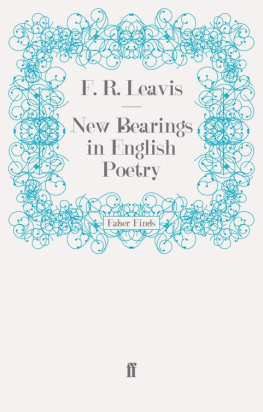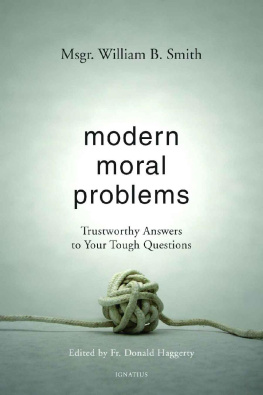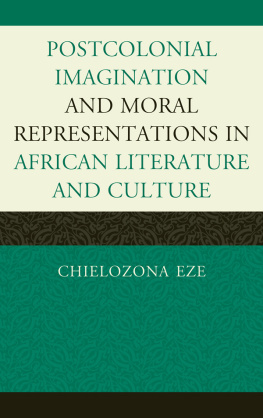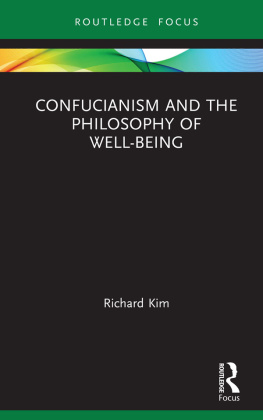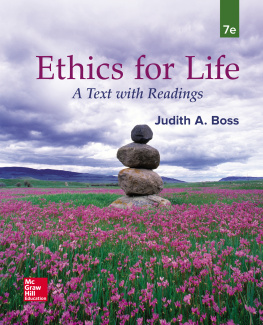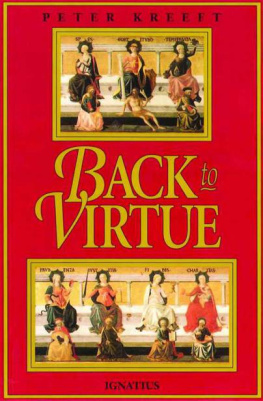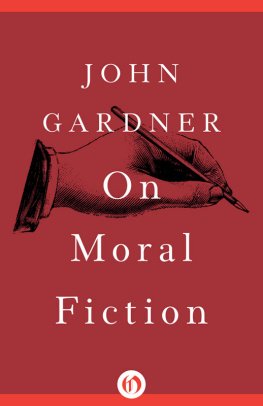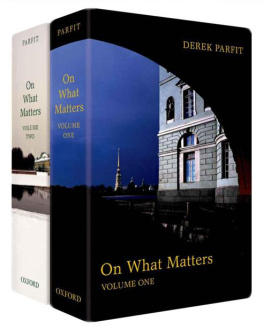SOBRIETY AND MIRTH
THE KEGAN PAUL ARABIA LIBRARY
ARABIA AND THE ISLES
Harold Ingrams
STUDIES IN ISLAMIC MYSTICISM
Reynold A. Nicholson
LORD OF ARABIA: IBN SAUD
H. C. Armstrong
AVARICE AND THE AVARICIOUS
Abu Uthman Amr ibn Bahr al-Jahiz
TWO ANDALUSIAN PHILOSOPHERS
Abu Bakr Muhammad ibn Tufayl
& Abul Walid Muhammad Ibn Rushd
THE PERFUMED GARDEN OF SENSUAL DELIGHT
Muhammad ibn Muhammad al-Nafzawi
THE WELLS OF IBN SAUD
D. van der meulen
ADVENTURES IN ARABIA
W. B. Seabrook
THE SAND KINGS OF OMAN
Raymond OShea
THE BLACK TENTS OF ARABIA
Carl S. Raswan
BEDOUIN JUSTICE
Austin Kennett
THE ARAB AWAKENING
George Antonius
ARABIA PHOENIX
Gerald De Gaury
HOW GREEK SCIENCE PASSED TO THE ARABS
DeLacy OLeary
SOBRIETY AND MIRTH
Jim Colville
First published in 2002 by
Kegan Paul Limited
Published 2013 by Routledge
2 Park Square, Milton Park, Abingdon, Oxon OX14 4RN
711 Third Avenue, New York, NY, 10017, USA
Routledge is an imprint of the Taylor & Francis Group, an informa business
Kegan Paul, 2002
All rights reserved. No part of this book may be reprinted or reproduced or utilised in any form or by any electric, mechanical or other means, now known or hereafter invented, including photocopying or recording, or in any information storage or retrieval system, without permission in writing from the publishers.
British Library Cataloguing in Publication Data
A catalogue record for this book is available from the British Library.
ISBN 13: 978-0-710-30697-5 (hbk)
This book is dedicated to John Burton.
I n the course of a long and illustrious career, the Basran belletrist, polemicist, philosopher and scholastic Ab Uthmn Amr ibn Bahr al-Jhiz (circa 776868) wrote a large number of works around 200 in all, of which almost 50 have survived in a more or less complete state. This book consists of translations of 15 of his shorter pieces and aims to give the interested reader some insight into the interests and style of Islamic literary culture during the most fertile and creative period of its history, as represented by its leading figure. The selection is largely personal and based upon what I find interesting, entertaining and worthy. Overtly political essays have been omitted, not because they lack inherent interest but because they were long ago consigned to the realm of the specialist. The selection has been kept varied and short in order, as Jhiz would say, to avoid boring the reader.1
Jhizs specialty is adab, a literary genre offering instruction on moral issues in a lively and entertaining manner. There is no shortage of moral instruction in these pieces and many are clearly disputatious. However, there is no call for alarm at the authors occasionally rather uncompromising stance and his melodramatic tendency to exaggerate the grim consequences of even minor moral lapses. He seldom fails to lighten even the heaviest passages with a touch of humour and his conscription of the dialectic method of Islamic scholasticism to support dubious positions (in, for example, Chanteuses and The Pleasures of Girls & Boys Compared) suggests a tongue-in-cheek sophistry that makes him a hard man to pin down. He leaps effortlessly from the sublime (This Life & the Life to Come) to the ridiculous (Drink & Drinkers and Inside, Outside & Back to Front), from the serious (On the Prophets Authenticity) to the satirical (The Superiority of Blacks to Whites) and from the orthodox (Contra Christianorum) to the lewd and obscene (The Pleasures of Boys & Girls Compared). These shifts often take place within the same piece and a risqu joke will be slipped into a scholarly discussion. On Envy and Women display his insight into human character, while his scholastic turn of mind is evident in Athropomorphism Refuted. He will argue both sides of an issue, as in Why Speech is Superior to Silence and The Art of Keeping Silent. Some (particularly Gravity & Mirth and the eponymous Squaring the Circle) must have left his clients for Jhiz always wrote to commission with the uncomfortable feeling of having received much more than they had bargained for. Indeed, his greatest fear seems to have been of boring his readers. Nevertheless, he always appears to feel obliged to justify his forays into mirth. The effect is to leave the reader with the impression of a refined and lively intelligence in revolt against the leaden seriousness of much contemporary scholarship.
All the main themes of Jhizs longer works are in evidence, here: the influence of the land on human character and form; the belief that faith is not a substitute for reason; the need for tolerance; the juxtaposition of traditional Arab values (honour, lineage, generosity, etc.) with modern innovations; a jaded view of human nature (despite a belief that it is not impossible to do good); and, above all, the role of justice in human affairs. He was clearly a devout Muslim whose faith was tempered by robust scepticism and a refusal to countenance blind conformity: each piece, in its own way, demonstrates the centrality of the Qurn to Muslim thinking and displays his own peculiar blend of the mundane and the spiritual.
According to the French Arabist Charles Pellat, Jhiz gave literary prose its most perfect form.2 Indeed, despite its hallmark difficulty, there is an effortless quality to his writing; it flows with a confidence that befits the age in which he wrote and the culture he represented. His style is readily identifiable. It is elegant, vigorous, graceful and precise, at times approaching the symmetry of verse. It is often highly aphoristic. In these translations, I can only hint at such qualities. He frequently balances a statement by repetition of the same idea in different terms. While this may appear redundant to modern thinking, it not only enhances the harmonious effect of the writing but also allows the author to provide a gloss on the first and usually the more recondite expression and so enhance the readers linguistic knowledge. He does, too, have a tendency to repeat himself.
A few noble exceptions aside, translations from mediaeval Arabic into English have suffered from a peculiar commitment to literalness that exaggerates an impression of difficulty and inaccessibility. Old traditions die hard but, as I have noted elsewhere, Jhiz is not served by literal translation.3 Moreover, he is not easy to translate in any case: archaism, double meanings, irony and rhyme conspire against his would-be translator. It is a great pleasure to record my gratitude to my friends Abdulraouf Othman Ahmed and Muhammad Abdulmuhsin Al Salih for helping me out, unstintingly, on those occasions when Jhiz had me, once more, on the ropes. Mistakes in translation and incongruities of style are, of course, mine alone.
The standard edition of Jhizs essays, Rasil al-jhiz, (ed. A. M. Hrn, 2 vols., Cairo: 1964 and 1979), has been used as the basic text for this translation. Several pieces in the second volume are abridgements made by an earlier editor; the full text of



